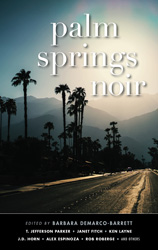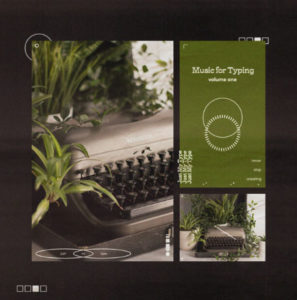Since my keynote at the conference, I’ve been hearing feedback–about the talk, about the fear of speaking, the fear of writing and publishing, and about fear itself.
Fear can be so debilitating. It stops us from doing things we’d love to do, whether it’s getting on a plane or quitting that awful job or pursuing whatever dream, whatever hoped-for-thing that calls to us. We don’t finish writing projects because we fear no one will ever want them, anyway.
And fear makes us doubt ourselves. A friend who’s published fiction and nonfiction but can’t seem to sell her latest novel now questions what she’s doing with writing and wonders what she needs to do with her next novel: How can she make it more commercial, perhaps even write a breakout novel?
She’s a wonderful writer, has a lovely literary voice. She’s not a commercial writer. She knows it’s so very competitive today and tries not to take it personally. Yet the self-doubts haunt her.
Novels continue to be published. First-time novelists continue to be published. Maybe not as quickly as nonfiction authors but they still are. And even nonfiction is no cakewalk. At one point (one very long point) I was cautioned that there were too many writing books and not to expect that mine would be published. Still, it was a book I had to write and longed to publish.
It takes a crazy streak of optimism to be a writer–to be any type of artist, really.
And it takes a certain brand of fearlessness, realizing the fear is there and getting on the plane anyway, quitting the awful job anyway, pursuing the dream anyway.
I used to hate public speaking. I’d stand up and tremble and go all pasty and white. I’d stop smiling. My mind would go blank. I did it anyway. (I considered Toastmasters but passed on that idea; I didn’t need one more obligation.) I figured I’d just do talks when the opportunities arose and that eventually I’d eventually get better.
Use fear. Trust it. Go through it and you just may arrive where you want to go.
Erica Jong said, “Fear is a sign—usually a sign that I’m doing something right.” Yup.



 Support Indie bookshops and this site by purchasing books through my BookShop
Support Indie bookshops and this site by purchasing books through my BookShop
